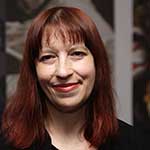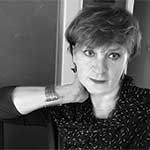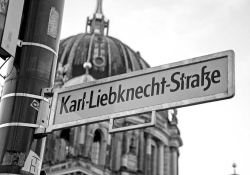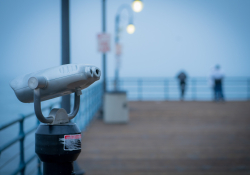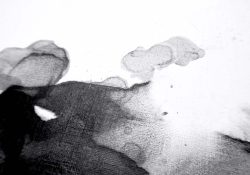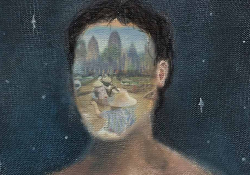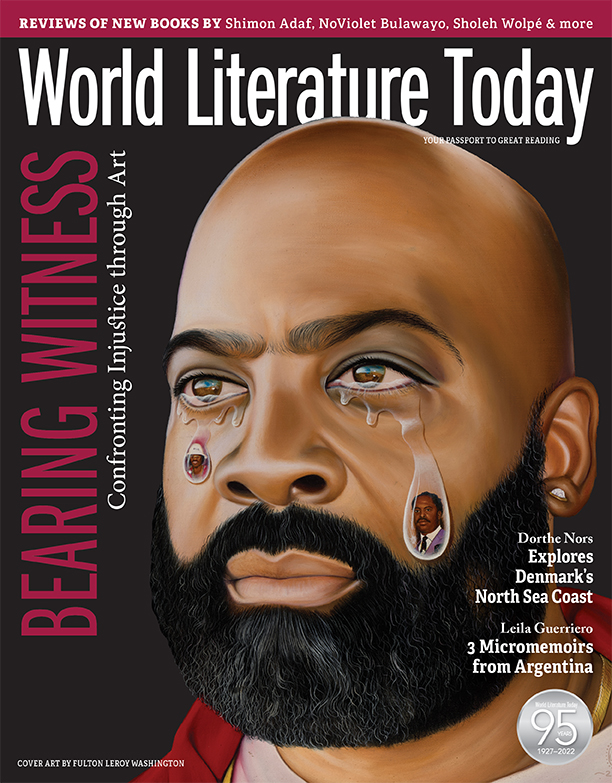Two Poems from North Macedonia
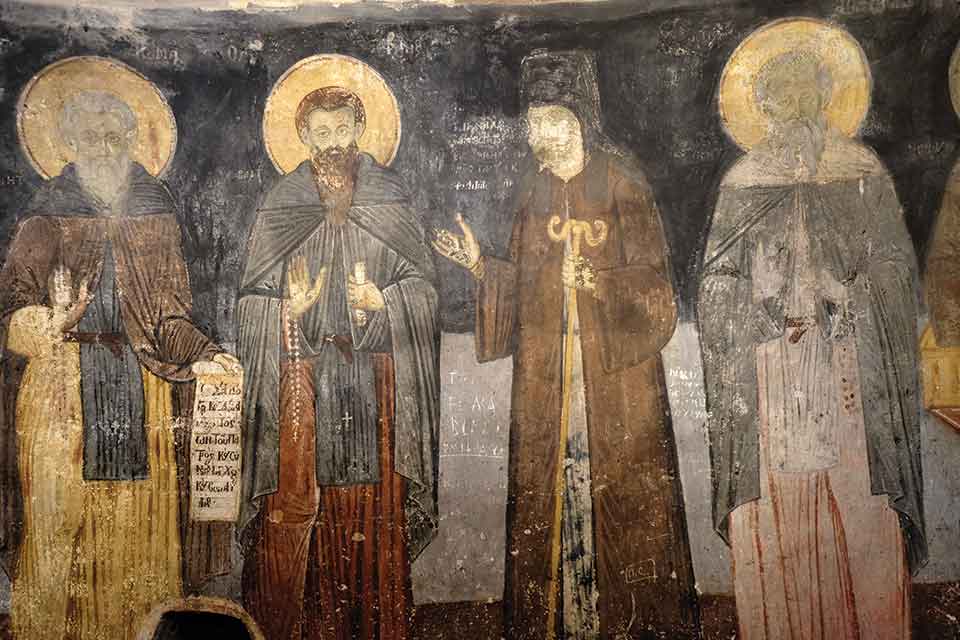
A Curse
May you be eaten by Paradise! was Father Kleopa’s
curse on me. Steep was the ground
from his skete to the foot of the hill where I stood.
The curses our people use have always been hellish:
“May your heart eat you, may you never see the light of day.”
I was stumbling downward, crawling upward.
Guts upside down, scratched and out of breath,
I entered the first church I came across. The priest
had just recited the Creed,
and a child shouted: “Blavo!” clapping its little hands.
Muffled laughter. Older women in a scolding voice:
“You don’t say bravo in church!”
The priest thundered: “Not even here do you respect God,
still less at home – wining and dining
like at the Last Supper!”
And the mother with the child, hurrying to the exit, whispered:
“If you live in hell, you’ll be wined and dined in heaven.”
I left the church. And followed her.
Traduttore, traditore
No, there was most certainly no God then,
or He was clinically dead,
I tell myself in Auschwitz, and she
in front of the prefab where twenty thousand Roma ended up,
tells me: “This is where they finished off the Gypsies.”
The rain is pouring down in four dimensions.
Our nylon rain capes are allies with the raindrops.
I walk beside her, trying to get away from her.
I enter every prefab, I read all the captions,
stare at all the photographs.
“It’s all in the books, we don’t need to look at everything,”
she says, and her age, older than Auschwitz,
flounders before the stairs,
but not before the words.
I leave her in the lanes swimming in mud,
I forget about her among the reflections of evil.
She waits for me in the rain at the corner of the gas chamber,
asking a young guide if she knows
where her uncle was killed in 1942.
Maybe she is human after all, I say to myself,
one torn apart by the pains of those I never knew,
and I can’t make out if the one I know hurts her too.
That evening in the hotel room we drink linden tea,
me silent out of stubbornness, sadness and anger,
she letting little snakes out of her mouth:
she can’t abide women and their human rights,
she can’t abide taxi drivers with foreign accents,
she can’t abide artists ridiculing the government,
she can’t abide homosexuals, lesbians,
well, in this world, she says, there are only men, women, and families,
she can’t abide Europe – only her country’s government is good,
and not one single member of her nation ever betrayed a neighbor.
And indeed, she says, it’s a crime to say anything different.
I listen to her, with my palms sweating and my body oozing
the last raindrops of the day in Auschwitz,
my head begins to feel as heavy as a rock,
but that’s fine, let it be even heavier
so that I cannot raise it abruptly
and in a fog of frenzy
shut her mouth with the pillow,
to kill the little snakes falling out of it,
for doesn’t evil beget evil,
and isn’t everything bad good for something?
God, you who are not, you who are,
but who was obviously not in Auschwitz,
should know that yourself.
Or you too are traduttore, traditore,
literally, down to the bone?
Translations from the Macedonian
Editorial note: From the collection Boundary Situation (Ili-Ili, 2021).
